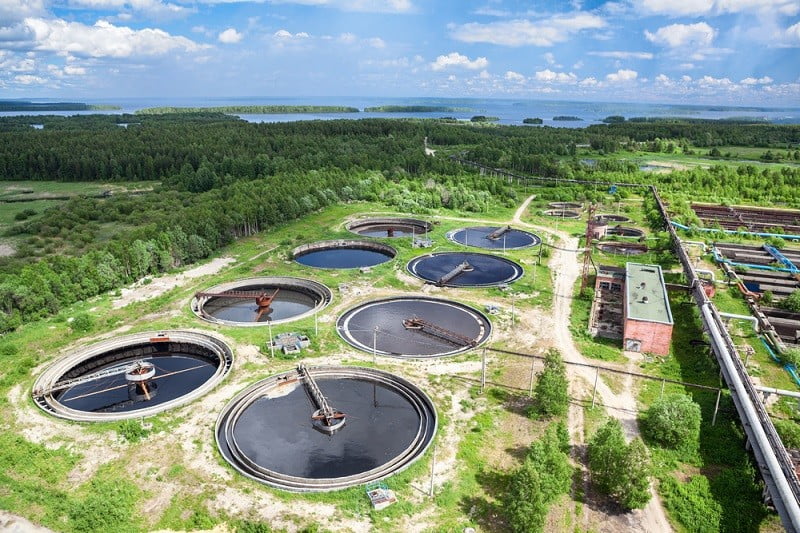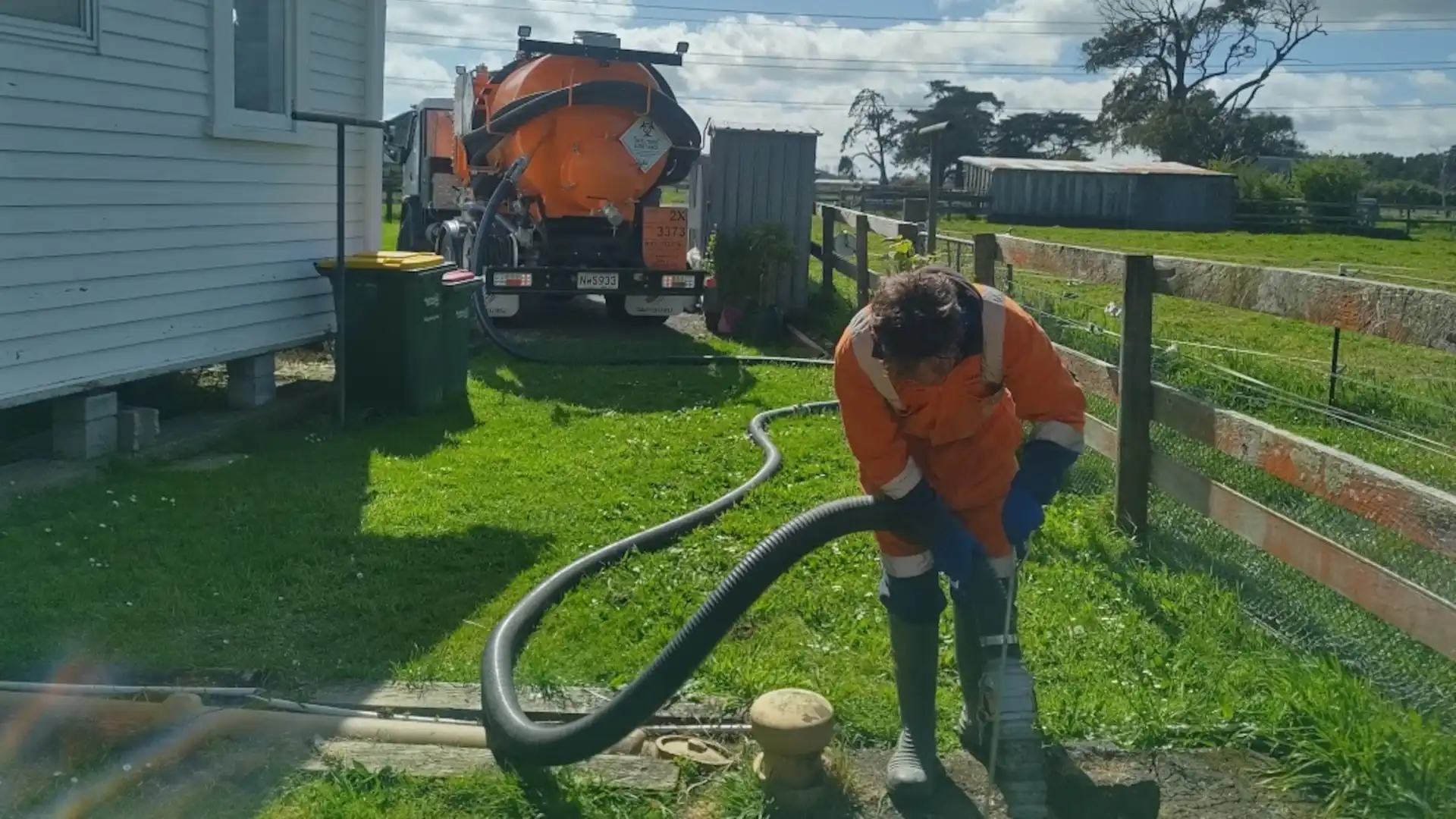Professional Liquid Waste Removal Melbourne: Quick and Budget-friendly Providers
Professional Liquid Waste Removal Melbourne: Quick and Budget-friendly Providers
Blog Article
Recognizing the Comprehensive Process of Liquid Waste Disposal: Ideal Practices and Environmental Effect Factors To Consider
The monitoring of liquid waste disposal is a diverse issue that calls for a complete understanding of different finest practices and their associated ecological influences. From the kinds of liquid waste produced to the techniques used for collection, therapy, and last disposal, each action plays a critical duty in safeguarding communities and public health.
Sorts Of Liquid Waste
Comprehending the different kinds of fluid waste is vital for efficient management and disposal techniques. Fluid waste can be broadly classified into several types, each requiring special handling and treatment approaches.
Industrial liquid waste usually has dangerous materials, including hefty metals, solvents, and chemicals, created throughout producing procedures. These wastes require rigorous governing conformity to shield human health and wellness and the setting. Domestic fluid waste mainly refers to wastewater generated from homes, consisting of sewage and greywater, which, although much less hazardous, can still posture substantial risks if poorly taken care of.
Agricultural fluid waste, consisting of runoff from farms, frequently has fertilizers and chemicals that can lead to ecological destruction if not dealt with sufficiently. Medical fluid waste, created from healthcare facilities, consists of polluted liquids such as physical fluids and chemicals, calling for specialized disposal approaches to avoid infection and environmental contamination.
Last but not least, oil and oil waste, commonly created by dining establishments and automobile industries, can create severe obstructions in sewage system systems if not handled correctly. Understanding these groups facilitates targeted techniques for treatment, compliance with policies, and effective disposal approaches, inevitably promoting ecological sustainability and public wellness security.

Collection Methods
Efficient collection approaches are important for the correct administration of fluid waste, ensuring that it is collected securely and effectively before therapy or disposal. Numerous strategies are utilized depending on the sort of fluid waste created, the volume, and the particular attributes of the waste.
One common technique is making use of committed collection storage tanks or sumps, which are created to capture fluid waste at the source. These systems frequently include pumps that assist in the transfer of waste to bigger storage containers or therapy centers. Additionally, mobile collection systems furnished with vacuum innovation are utilized in situations where waste is produced intermittently or in hard-to-reach locations.
For commercial settings, closed-loop systems can properly minimize spills and leaks, enabling the recovery and reuse of liquid waste. It is also important to train workers on proper collection procedures to reduce risks connected with hazardous materials.
In addition, applying normal maintenance routines for collection devices makes certain optimal performance and safety and security. The integration of advanced tracking systems can improve collection efficiency by supplying real-time data on waste levels and possible risks. Generally, reliable collection methods are foundational to lasting liquid waste monitoring practices.
Therapy Processes
Treatment procedures play a crucial role in the management of liquid waste, transforming possibly hazardous materials right into recyclable sources or safe effluents - liquid waste disposal. These processes can be generally categorized right into physical, chemical, and biological approaches, each customized to attend to particular contaminants present in the waste stream
Physical treatment techniques, such as sedimentation and purification, work by removing put on hold solids and particulate issue. These methods are typically the very first action in the therapy chain, effectively decreasing the lots on subsequent procedures. Chemical treatments entail using reagents to reduce the effects of damaging compounds, speed up hefty metals, or oxidize organic toxins, thus enhancing the safety of the effluent.
Organic therapy processes, including turned on sludge systems and anaerobic food digestion, maximize the natural capacities of microbes to weaken organic issue. These approaches are particularly reliable for wastewater having eco-friendly pollutants. Advanced therapy technologies, such as membrane filtration and advanced oxidation processes, are significantly employed to achieve greater levels of purification.
Including a mix of these treatment approaches not only makes certain compliance with regulatory requirements but likewise promotes ecological sustainability by recuperating valuable resources from fluid waste.
Disposal Options
Just how can organizations ensure the accountable and risk-free disposal of fluid waste? Effective disposal choices are important for securing public health and the atmosphere. The key techniques include land incineration, treatment, and disposal adhered to by discharge right into community wastewater systems.
Land disposal best site involves the careful containment of fluid waste in assigned garbage dumps, guaranteeing that it does not leach right into surrounding dirt or water. Incineration, on the various other hand, subjects fluid waste to heats, transforming it right into ash and gases, which require correct purification to minimize exhausts. This technique appropriates for hazardous wastes that can not be dealt with through standard methods.
In situations where fluid waste can be treated, organizations may opt for chemical or biological therapy processes to reduce the effects of dangerous parts before discharging the treated effluent right into municipal systems. This course typically lines up with regulatory needs, guaranteeing that the effluent meets safety and security criteria.
Ultimately, organizations need to carry out complete assessments of each disposal choice to determine its feasibility, taking into consideration variables such as waste composition, governing compliance, and possible threats to wellness and the atmosphere. By selecting ideal disposal techniques, services can add to a responsible waste management technique.
Ecological Impact
The environmental impact of fluid garbage disposal is a crucial factor to consider for companies seeking to decrease their eco-friendly footprint. Inappropriate disposal techniques can result in significant contamination of water resources, dirt destruction, and unfavorable effects on neighborhood environments. As an example, unsafe liquids can leach into groundwater, posing dangers to alcohol consumption water products and marine life. Additionally, the discharge of untreated or inadequately dealt with waste into surface area waters can lead to eutrophication, resulting in oxygen deficiency and the succeeding fatality of fish and other organisms.

To alleviate these influences, organizations have to embrace ideal techniques such as carrying out extensive waste therapy procedures, advertising recycling and reuse, and adhering to governing requirements. By taking a positive approach to fluid waste administration, entities can dramatically lower their environmental impact while supporting sustainable growth objectives. Eventually, a thorough understanding of the ecological impacts connected with fluid garbage disposal is vital for notified decision-making and responsible stewardship of natural deposits.
Verdict
Reliable administration of fluid waste is vital for guarding environmental stability and public health and wellness. By adopting ideal practices in disposal, treatment, and collection, along with adherence to regulative criteria, the possibility for dangerous contamination of environments can be considerably minimized. Continuous innovations in innovation and procedures contribute to lasting waste monitoring initiatives. Ultimately, a thorough understanding of fluid waste disposal not just minimizes ecological influences yet likewise fosters a dedication to liable resource administration and environmental stewardship.
The management of liquid waste disposal is a complex issue that needs a comprehensive understanding of different ideal techniques and their linked environmental effects. From the types of liquid waste generated to the approaches used for collection, therapy, and final disposal, each step plays an important role in securing environments and public health.The environmental impact of liquid waste disposal is a vital consideration for organizations looking for to minimize their eco-friendly impact. Inevitably, a detailed understanding of the environmental effects linked with liquid waste disposal is vital for notified decision-making and responsible stewardship of all-natural sources.
Inevitably, a comprehensive understanding of fluid waste disposal not just minimizes ecological influences weblink yet likewise promotes a dedication to responsible source monitoring and environmental stewardship.
Report this page